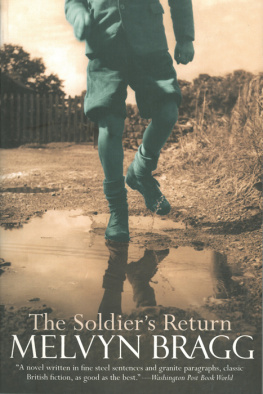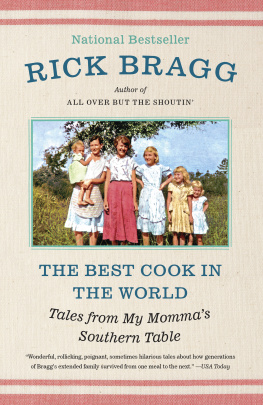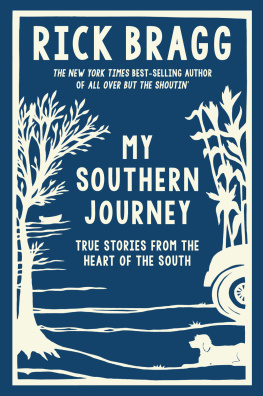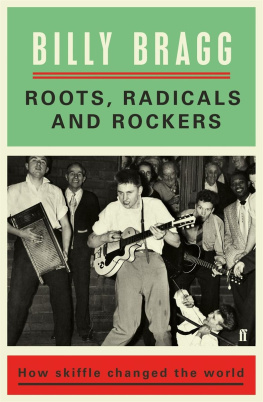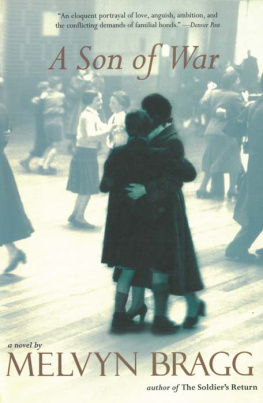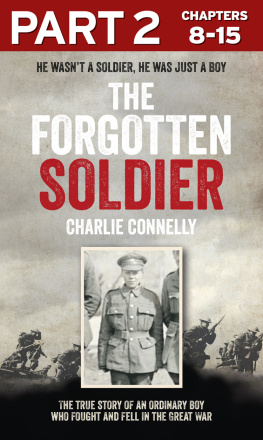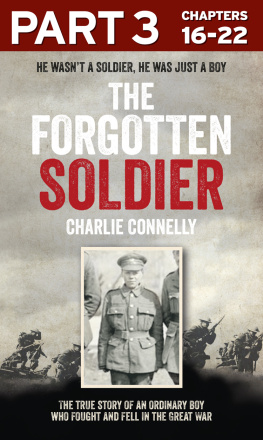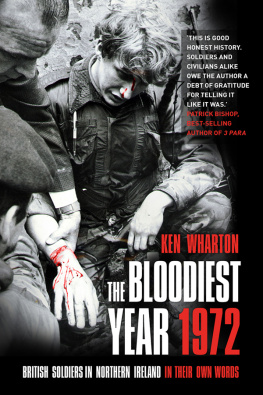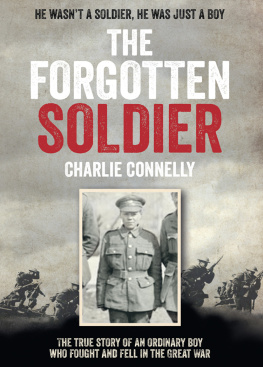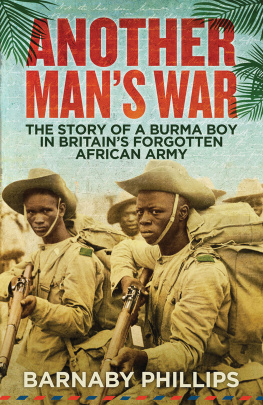Copyright 1999, 2011 by Melvyn Bragg
All Rights Reserved. No part of this book may be reproduced in any manner without the express written consent of the publisher, except in the case of brief excerpts in critical reviews or articles. All inquiries should be addressed to Arcade Publishing, 307 West 36th Street, 11th Floor, New York, NY 10018.
Arcade Publishing books may be purchased in bulk at special discounts for sales promotion, corporate gifts, fund-raising, or educational purposes. Special editions can also be created to specifications. For details, contact the Special Sales Department, Arcade Publishing, 307 West 36th Street, 11th Floor, New York, NY 10018 or .
Arcade Publishing is a registered trademark of Skyhorse Publishing, Inc., a Delaware corporation.
First published in 1999 by Hodder and Stoughton, A division of Hodder Headline PLC, A Sceptre Book
This is a work of fiction. Names, places, characters, and incidents are either the products of the authors imagination or are used fictitiously.
Visit our website at www.arcadepub.com.
10 9 8 7 6 5 4 3 2 1
Library of Congress Cataloging-in-Publication Data is available on file.
ISBN: 978-1-61145-452-9
To John Bragg in Australia
When you go home, tell them of us and say
For your tomorrow we gave our today
The Kohima epitaph
PROLOGUE
She got an atlas in the reference section of the library and sought out Burma. In the poky little room above the fire station in the Council yard, she stared at the name and tried to imagine what it was like to be there. She was not allowed to take it home but she returned to it more than once, willing it to yield up comfort.
Later she found a book which had a few dull pages on Burma but the photographs engrossed her: exotic-looking birds, houses built of wood, gigantic tropical forests she could tell their size because there was a picture of elephants in a clearing lovely smiling women in beautiful clothes, and pagodas, all sizes, some as big as the tower on Highmoor.
She mentioned the elephants and the pagodas in her letters.
He kept the letters deep in his kitbag, wrapped in a square of yellow oilskin. Every day he touched the wad of them: every morning. He knew that if he failed to do that, his luck would go.
The boy could not truthfully remember his father, not at all, but she referred to him in everyday ways and there was a presence in the childs mind which became like a memory as the years went by.
He had not thought the war would take him away for years, and so far away. Nor had she, but they were in an old island story, centuries of the men going across the sea to fight, leaving the women to weave the days, waiting at home. Yet sometimes she was glad for her new independent life. She doused her guilt by telling her son that his father would be home soon.
If he fought for any one thing it was to get back to her. And now the battles were over.

PART ONE
CHAPTER ONE
What was he frightened of, she wondered, as he burrowed his knees into her thighs and clutched at her through the cotton nightgown. She had been awake for some time, trying not to cough. In the hollow of the mattress, swaddled in too many blankets, the young woman felt a film of sweat on her brow and on her throat. The child had been uneasy all through the night; twice he had called out and prodded her with small soft fists. She, too, prickled with restlessness.
She tried to shift away from him, needing to stretch, but he held on more fiercely and even moaned a little. Perhaps they had had the same fearful and excited dreams, she thought, as the boy nuzzled his face between her shoulder blades.
Despite herself she began to cough, a barked, repressed sound which shook through her. The boy flung away and rolled over, leaving a narrow channel between them a swords width. The young woman turned on to her back, breathed in as deeply as she could and felt relief ripple through her body. Her hands ran down it, as if smoothing it out, making it ready.
After a while she reached across to touch her son and closed her eyes to meet the comforting slow surge of dark colour and swirl of movement, a universe of its own in her mind. She would travel there until it was time to start the big day. What time he would return she had not been told, but the day had been named. After the years, it had come so suddenly she felt breathless.

About two hours later, less than a mile outside the town, the black iron locomotive broke down again and stood inert in the bare Northern landscape. A groan ran through the carriages crammed with soldiers on the last lap of their odyssey. Still more patience demanded, even so near the end.
Sam was next to the window. He looked out and lit up. His batch would be first off. The train was headed for the west coast, calling at all the small towns and villages along the way, decanting soldiers. These men had made the longest journey back from the war.
Beside him were the rest of the solo whist school which had been in continuous session for almost six weeks, since the last sighting of the shores of India. A few miles back, in Carlisle, the regimental city, they had finally put the game to bed. Sam had vowed never again to play solo whist as long as he lived.
After the stop, the men dozed again. They were as practised in catnaps as they were in drill. Only Jackie was wide awake, rarely taking his eyes off Sam. He had not been part of Sams section in Burma but, on the boat, he had used the fact that they had known each other back in the little town as an excuse to tag along. Sam smiled at him and said Im browned off with this. The stopping and queuing and the many unexplained halts had been just about bearable until now. With their town only a few fields away, a rush of frustration strained at his practised tolerance.
I went mushrooming in a field over there one time, Jackie said, nervously pointing it out. Never seen the like. Thousands. Whiter than white. Stripped the lot. Straight up to King Haneys in Water Street for him to get them off to Newcastle on the nine oclock train. Made a fortune. Took the lot
Jackies prattling had aroused a couple of the others and all of them now stared out of the motionless window looking at the dawn light stroking their native fields.
They were home. They really were. They were home. They could let the expectation loose now. Just across those fields, hidden over the hill whose rim was being more and more firmly pencilled by the steel light, was their town. They had made it back.
Sam stared hard. His mother had worked on the farm over there. He had courted Ellen in a lane which twisted down to this railway line from the Carlisle road. Abruptly he yanked the leather strap and let the window fall down. The air was so very sweet, the sounds, the farmyard, hedgerow, a light wind in the wires, just as seductive.
Lets walk! It was spoken like an order.
They followed him. It would be for the last time, and they knew it. Ex-corporal (once busted) Samuel Richardson, late of D Company, Ninth Battalion, The Border Regiment, 17th India Division, 14th Army. Late, too, of the war against the Japanese in Burma, and an awesome victory, sometimes fought out hand to hand, ancient warfare in sub-tropical violence against the fanaticism of a cruel warrior race. Now finally he was leading men home.

